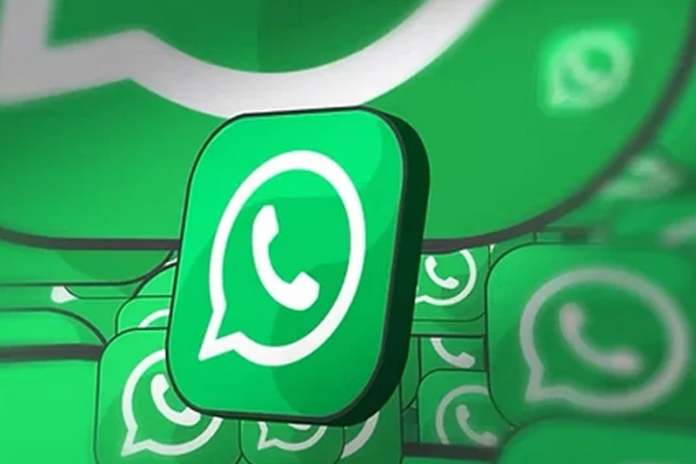The power of storytelling in marketing and branding

- 240
- 0
Introduction
Storytelling is an age-old human tradition, a fundamental way we share our experiences, values, and emotions. It's how we make sense of the world around us and connect with others on a deep level. In the realm of marketing and branding, storytelling has emerged as a powerful tool to engage customers, create emotional connections, and build lasting brand identities. This article explores the profound impact of storytelling in marketing and branding, and why it's essential for businesses today.
Creating Emotional Connections
Storytelling is a bridge that connects a brand to its audience on an emotional level. When companies use storytelling effectively, they engage customers' emotions, making them feel connected to the brand. By sharing relatable stories, brands can evoke feelings of empathy, nostalgia, or excitement, which can lead to more profound and lasting customer relationships.
Making Brands Memorable
A well-crafted story is more memorable than a list of product features or statistics. Stories give brands a unique identity and help them stand out in a crowded marketplace. When customers remember the brand's story, they are more likely to recall and choose it when making purchasing decisions.
Communicating Values and Purpose
Stories can convey a brand's values and mission in a way that resonates with customers. When brands share stories about their commitment to social responsibility, sustainability, or community involvement, it builds trust and aligns the brand with the values of its audience. This alignment can be a significant factor in a customer's decision to support a brand.
Simplifying Complex Information
Storytelling can simplify complex ideas and information. By presenting data or technical details within a narrative, brands can make their messages more accessible and engaging. This approach helps customers better understand a brand's offerings and benefits.
Fostering Loyalty and Advocacy
Customers who connect with a brand's story are more likely to become loyal advocates. They not only stay loyal to the brand but also share their positive experiences with others. Word-of-mouth recommendations are invaluable in the marketing world, and storytelling can be the catalyst for this type of organic promotion.
Differentiating from Competitors
In competitive markets, storytelling sets brands apart. It's an opportunity for businesses to define what makes them unique and special. When customers relate to a brand's story, they see it as more than just a product or service provider; they see it as a part of their lives.
Enhancing Customer Engagement
Storytelling is an interactive tool for engaging customers. Brands can invite customers to participate in their story by sharing user-generated content, conducting storytelling contests, or asking for personal anecdotes related to their products or services. This involvement deepens the connection between customers and brands.
Conclusion
Storytelling has evolved from a traditional pastime to a powerful marketing and branding strategy. It allows brands to create emotional connections, foster loyalty, communicate values, and simplify complex information. As customers seek more than just products or services—they seek experiences and relationships—storytelling has become an essential means of achieving these goals. Businesses that harness the power of storytelling are better positioned to engage their audience, differentiate from competitors, and create lasting brand loyalty. In today's dynamic marketing landscape, storytelling is not just a tool; it's a necessity.
Published in The Daily National Courier, November, 08 2023
Like Business on Facebook, follow @DailyNCourier on Twitter to stay informed and join in the conversation.

















































